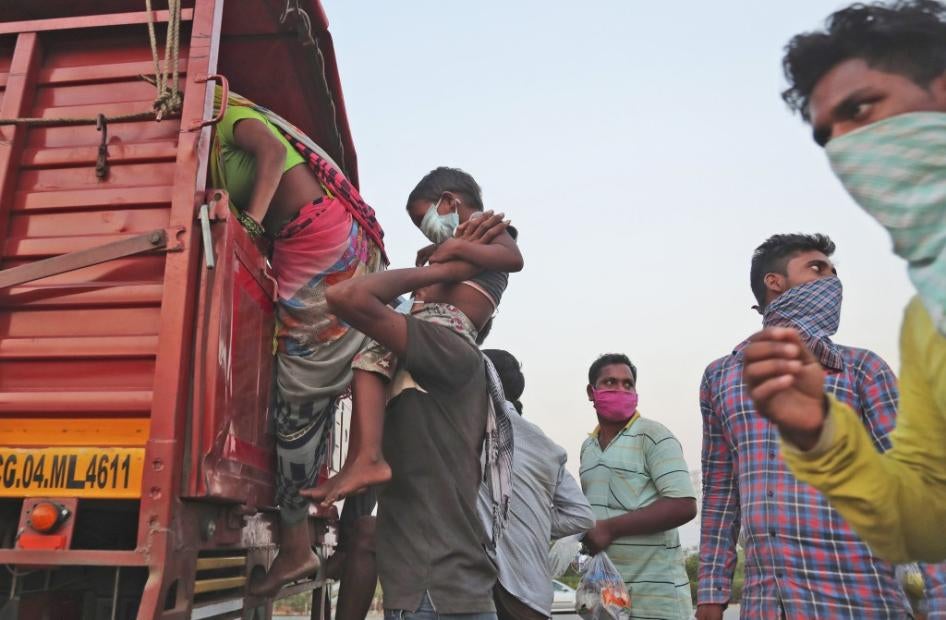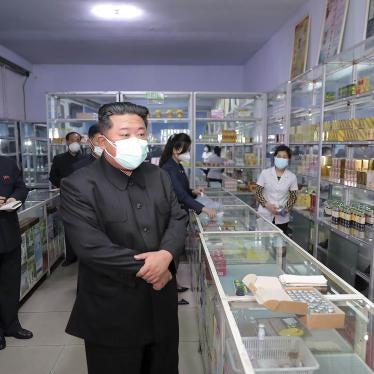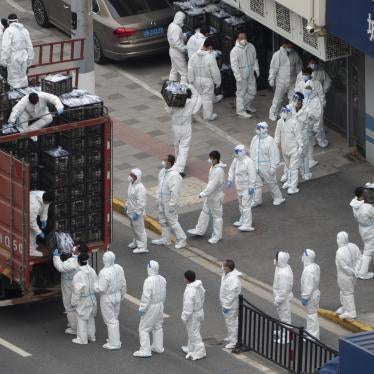With about 5.49 million cases of the coronavirus across the world and 346,000 deaths, we now know that it could affect any of us. There is science to tell us so. But science alone cannot determine how the pandemic actually affects us.
The visuals of hundreds of thousands of workers trudging home should haunt the Indian government for its failure to support the needs of citizens and treat them with dignity. After the abrupt announcement of a lockdown, without any provision to support their food and rent, India’s massive migrant working class decided to return to their families in the rural hinterlands.
While the government may not have anticipated this exodus, its stumbling failure to handle the crisis in the weeks that followed was shocking. Scores died along the way. Many were beaten up by police. And although the lockdown was meant to buy time to prepare health services, many arrived home to be quarantined in squalor.
The authorities have made a tremendous effort to contain the spread of Covid-19 in India. Shutting down a country of nearly one-and-half billion people for two months was always going to be a challenge. But now that the lockdown restrictions are being lifted and with economic packages to kickstart the economy announced, the government should also recognise that its Covid-19 response has exposed longstanding concerns. Among them are the need for labour protections, reforming a broken healthcare system, adopting stronger measures to protect those who are often excluded, and addressing inequity and food insecurity for those who survive on basic subsistence.
Politicizing a Tragedy
It has also become apparent that many officials seem to forget that it is the government’s obligation, not an act of benevolence or charity, to address these issues. The denials and subsequent defiance, the almost knee-jerk tendency to politicise a tragedy, has uncovered the need to adopt rights-respecting measures.
While new cases of Covid-19 continue to be reported, Prime Minister Narendra Modi has suggested self-reliance. But that does not mean that the government should be abdicating its responsibilities. Officials grumble, for instance, about the lack of discipline, the failure to follow even the simple ideas of sanitation and physical distance. Of course, they know well that many people live in dense settlements where “distancing” is really not an option. And that in the middle of scorching summer, as water sources dry up, finding potable water is difficult, let alone regularly washing hands.
The authorities also need to recognise that queuing up for services has become a concept that makes little sense in societies where resources are scarce, favouritism and corruption is common, and those who wait can well be left out.
Enabling Hate
Apportioning scarce resources can be a challenge, but in India, today, there is a bigger danger. While many Indians have responded with courage and kindness, many others are falling prey to blaming and stigmatising. Fear is making neighbours turn on each other. There is a suspicion of “outsiders”.
Recent state actions that have patronised and normalised hate, even vigilante violence, have fostered such suspicions. It began with ideological supporters of the ruling Hindu nationalist Bharatiya Janata Party expressing their ostensible “outrage” over endless things – from art exhibitions to beauty pageants.
Ever since Prime Minister Modi and his government first took office in 2014, such attacks have escalated to impose Hindu nationalist views, whether on students or Muslim cattle traders. The authorities arrest activists and peaceful critics on the one hand, but refuse to act against violent BJP supporters on the other.
It is not surprising, therefore, that BJP supporters were initially quick to blame Muslims for Covid-19. But the disease of hate and mob violence has spread much further. Health workers are denied entry into their homes by neighbours; a doctor was refused a dignified burial. Some police officers were attacked, even as other policemen abusively enforced the lockdown.
This is an opportunity to end communal bias and other discrimination in governance and restore the impartiality of state institutions. To effectively handle the pandemic, it is vital for Parliament, the media, civil society, constitutional authorities, and the courts to hold the government to account over its failings, particularly when they infringe on people’s rights.
No government can be fully prepared to handle global contagion, but repressive and corrupt practices are even more harmful under these conditions. Even after Covid-19 is no longer a public health emergency, taking the steps now to correct these practices will help overcome the other human rights challenges confronting Indians. That should be the actual impact.









